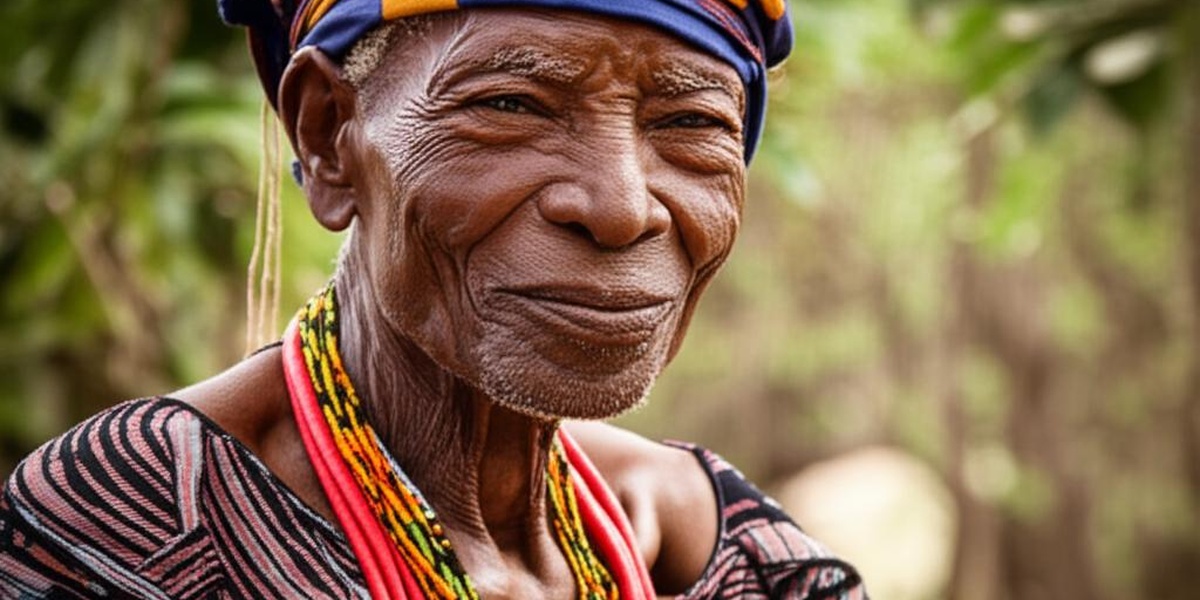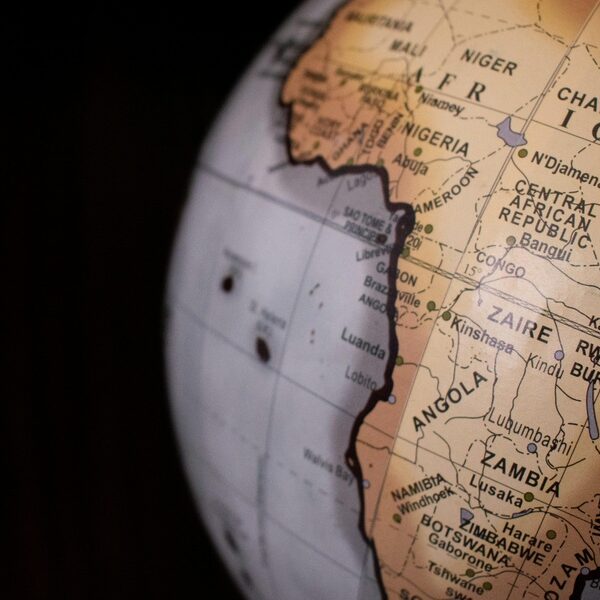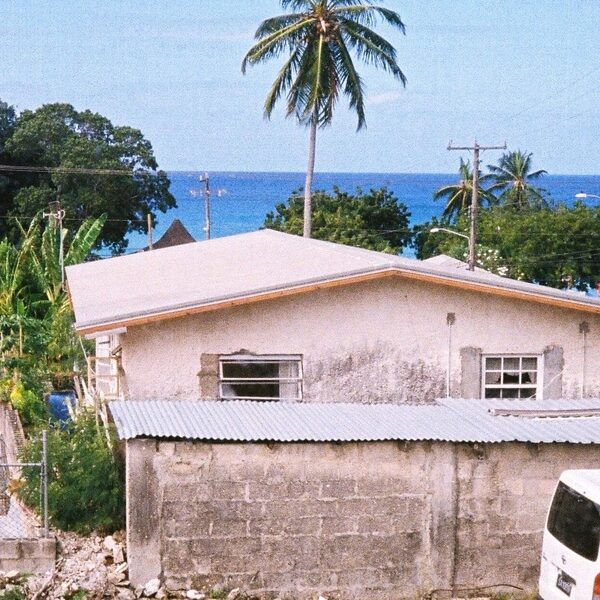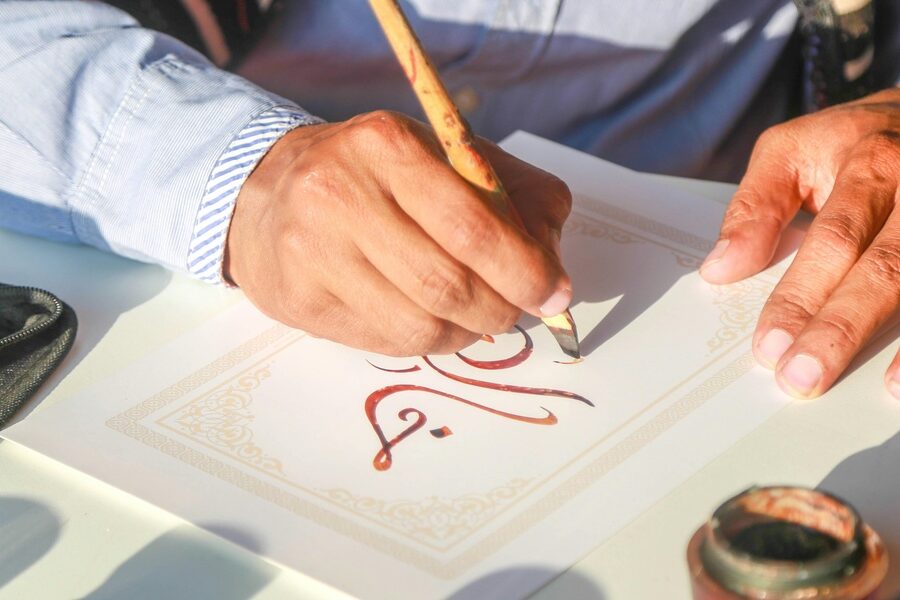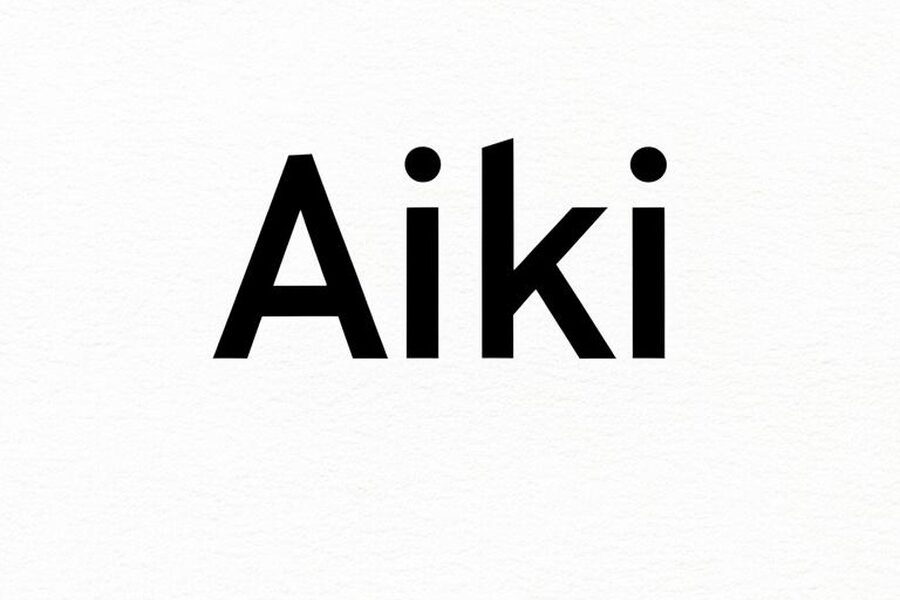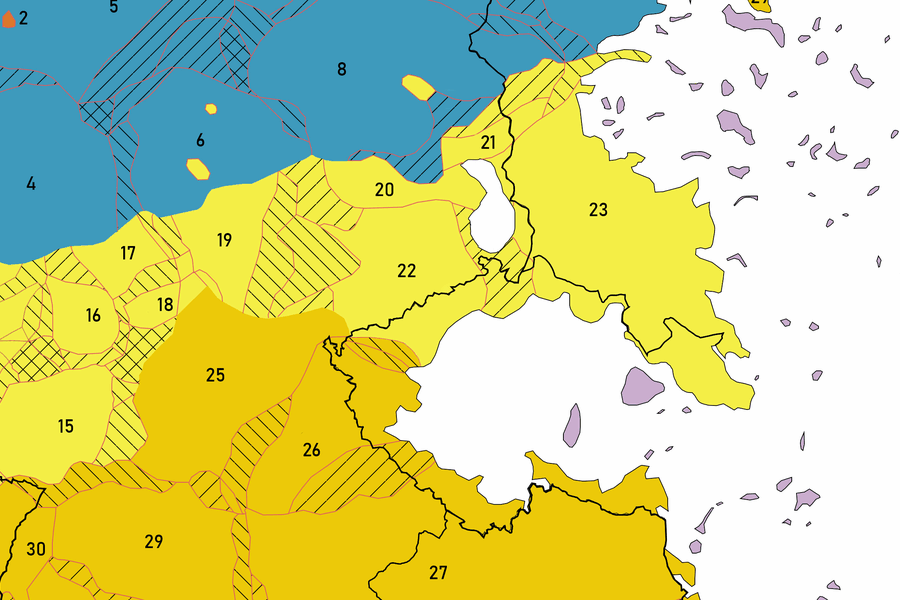Central African Republic (CAR) is a nation whose diverse cultural tapestry is profoundly expressed through its myriad languages. These linguistic traditions are far more than just means of communication; they are vibrant carriers of history, identity, and unique worldviews that have shaped communities for centuries.
Delving into this rich linguistic landscape, we’ve compiled a comprehensive list highlighting the Indigenous Languages in Central African Republic. This resource details 34 distinct languages, ranging from Ali to Zande, offering a glimpse into the country’s remarkable linguistic heritage. For each entry, you’ll find key information organized by Language Family, Primary Region in CAR, and Est. Speakers (thousands), providing a clear overview of their significance in the region.
What defines an “indigenous” language in the context of the Central African Republic?
An indigenous language in CAR generally refers to one that has deep historical roots within the country’s present-day borders, spoken by specific ethnic groups for generations, often predating colonial influence. These languages are central to the cultural identity and heritage of their respective communities, distinguishing them from more recently introduced or official languages.
Indigenous Languages in Central African Republic
| Language Name | Language Family | Primary Region in CAR | Est. Speakers (thousands) |
|---|---|---|---|
| Zande | Niger-Congo (Ubangian) | Southeastern CAR (Haut-Mbomou, Mbomou) | 62 |
| Gbaya-Mbodomo | Niger-Congo (Ubangian) | Western CAR (Ouham-Pendé) | 200 |
| Banda-Bambari | Niger-Congo (Ubangian) | Central CAR (Ouaka) | 183 |
| Manza | Niger-Congo (Ubangian) | Central CAR (Kémo, Nana-Grébizi) | 250 |
| Ngbaka Ma’bo | Niger-Congo (Ubangian) | Southwestern CAR (Lobaye) | 102 |
| Ngbandi, Northern | Niger-Congo (Ubangian) | North-central CAR (Kémo) | 24 |
| Mpiemo | Niger-Congo (Bantu) | Southwestern forest region (Sangha-Mbaéré) | 24 |
| Baka | Niger-Congo (Ubangian) | Southwestern rainforests (Lobaye, Sangha-Mbaéré) | 30 |
| Bongo | Nilo-Saharan (Central Sudanic) | Eastern CAR, near South Sudan border | 11 |
| Sara Kaba | Nilo-Saharan (Central Sudanic) | Northern CAR, near Chad border | 105 |
| Fulfulde, CAR | Niger-Congo (Atlantic) | Northern savannas (scattered) | 180 |
| Shuwa Arabic | Afro-Asiatic (Semitic) | Far northeastern CAR (Vakaga) | 100 |
| Kako | Niger-Congo (Bantu) | Western CAR (Mambéré-Kadéï) | 70.5 |
| Kresh-Gbaya | Nilo-Saharan (Central Sudanic) | Western CAR (Haute-Kotto) | 17 |
| Yulu | Nilo-Saharan (Central Sudanic) | Northeastern CAR (Haute-Kotto) | 6 |
| Gbanziri | Niger-Congo (Ubangian) | Along the Ubangi River | 14.5 |
| Yakoma | Niger-Congo (Ubangian) | Southern CAR, along the Ubangi River | 100 |
| Togbo-Vara Banda | Niger-Congo (Ubangian) | Central CAR (Ouaka, Basse-Kotto) | 120 |
| Gbanu | Niger-Congo (Ubangian) | Northwestern CAR (Ouham) | 95 |
| Buraka | Niger-Congo (Ubangian) | Southwestern CAR (Lobaye) | 2.5 |
| Bangandu | Niger-Congo (Ubangian) | Southwestern CAR (Sangha-Mbaéré) | 2.7 |
| Mba | Niger-Congo (Ubangian) | Southeastern CAR (Basse-Kotto) | 2 |
| Ngando | Niger-Congo (Bantu) | Southwestern CAR (Lobaye) | 5 |
| Pande | Niger-Congo (Bantu) | Southwestern CAR (Sangha-Mbaéré) | 9 |
| Mbati | Niger-Congo (Bantu) | Southwestern CAR (Lobaye) | 15 |
| Kara | Nilo-Saharan (Central Sudanic) | Far northeastern CAR (Vakaga) | 5 |
| Dagba | Niger-Congo (Ubangian) | Central CAR (Ouaka) | 40 |
| Ali | Niger-Congo (Ubangian) | Central CAR (Ombella-M’Poko) | 35 |
| Sumu | Niger-Congo (Ubangian) | Northwestern CAR (Ouham-Pendé) | 20 |
| Bokoto | Niger-Congo (Ubangian) | Western CAR (Ombella-M’Poko) | 130 |
| Sere | Niger-Congo (Ubangian) | Southeastern CAR (Haut-Mbomou) | 3.5 |
| Nzakara | Niger-Congo (Ubangian) | Eastern CAR (Mbomou) | 50 |
| Yangere | Niger-Congo (Ubangian) | Western CAR (Mambéré-Kadéï) | 30 |
| Mangaya | Nilo-Saharan (Central Sudanic) | Northeastern CAR border region | 0.5 |
Images and Descriptions
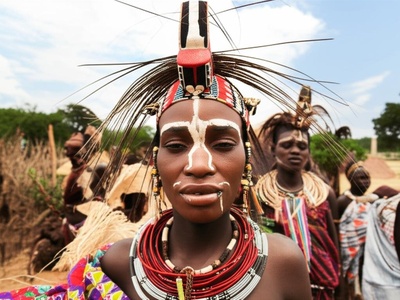
Zande
A major cross-border language reflecting the legacy of the historical Zande Kingdom, known for its distinct culture and traditional beliefs.

Gbaya-Mbodomo
One of the main varieties of the widespread Gbaya language cluster, famous for its rich tradition of storytelling and proverbs.
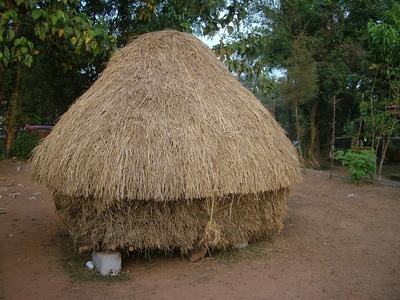
Banda-Bambari
A prominent language from the diverse Banda group, a people known for their agricultural skills and vibrant musical traditions.
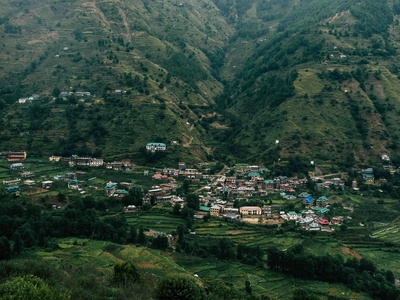
Manza
A widely spoken Ubangian language whose speakers have a rich history as traders and farmers in the heart of the country.
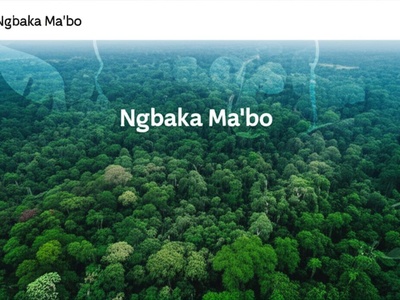
Ngbaka Ma’bo
A significant language of the forest region, closely related to the languages of neighboring DRC and Congo-Brazzaville.

Ngbandi, Northern
The historical parent language of Sango; while fewer people speak it now, its legacy is heard across the entire nation.
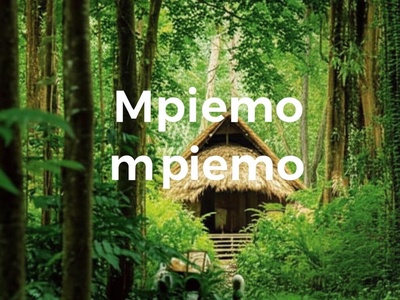
Mpiemo
A Bantu language spoken by communities skilled in forest living, sharing linguistic ties with peoples in Cameroon and Congo.
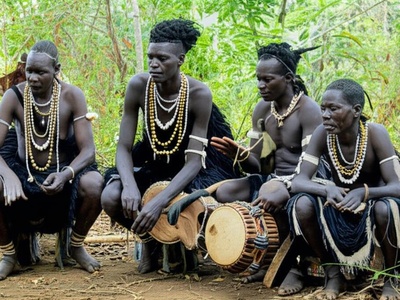
Baka
Spoken by the Baka hunter-gatherer communities, famous for its complex forest vocabulary and incredible polyphonic singing.
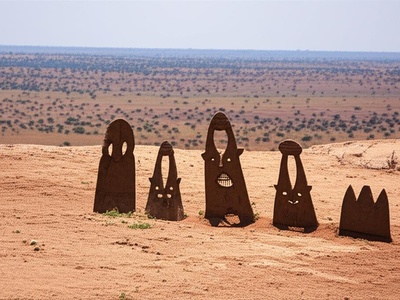
Bongo
A Nilo-Saharan language of a community known for its unique funerary monuments and skilled ironwork heritage.
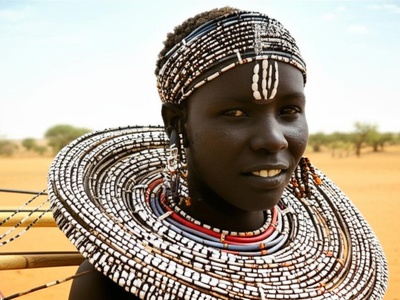
Sara Kaba
Part of the large Sara language group, spoken by communities in the northern savannas with strong cultural ties to southern Chad.
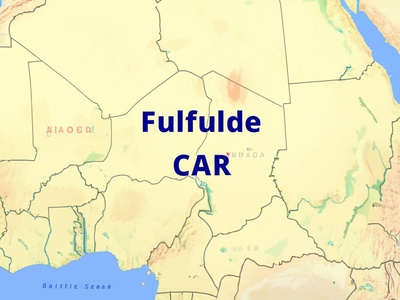
Fulfulde, CAR
Spoken by the pastoralist Fulani (Peuhl) people, whose semi-nomadic lifestyle has made their language widespread across the Sahel and savanna regions.
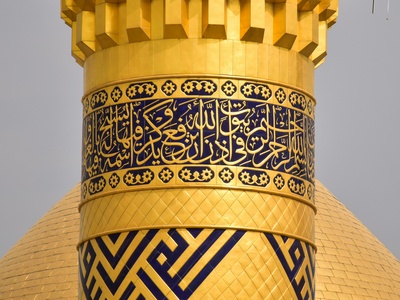
Shuwa Arabic
A unique dialect of Arabic spoken by the Baggara (‘cattle people’) pastoralists, reflecting a deep history of trade and migration in the Lake Chad basin.
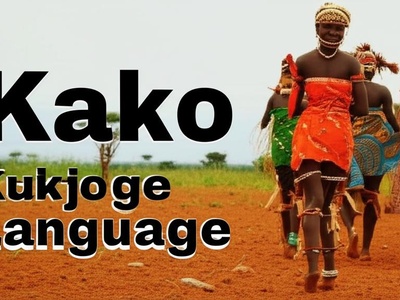
Kako
A Bantu language bridging CAR and Cameroon, spoken by a people known for their farming and vibrant dance traditions.
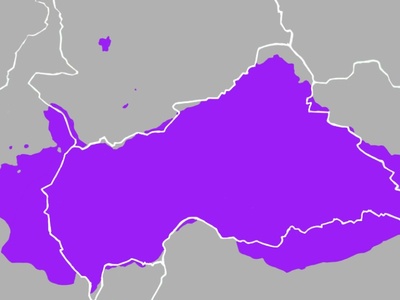
Kresh-Gbaya
A distinct Nilo-Saharan language known for its complex sound system, including implosive consonants, spoken in a region of high linguistic diversity.

Yulu
A language spoken by a community with a history of resisting slave raids, now facing pressure from larger neighboring languages.
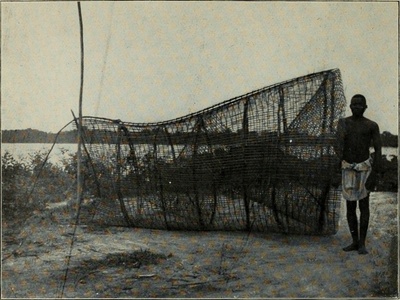
Gbanziri
The language of a riverine people, traditionally skilled fishermen and boat-makers, whose culture is intrinsically tied to the Ubangi River.

Yakoma
A major language of the Ubangi River area, closely related to Ngbandi and historically important in regional trade and politics.

Togbo-Vara Banda
Another large and vital language within the Banda cluster, demonstrating the incredible internal diversity of CAR’s largest ethnic group.
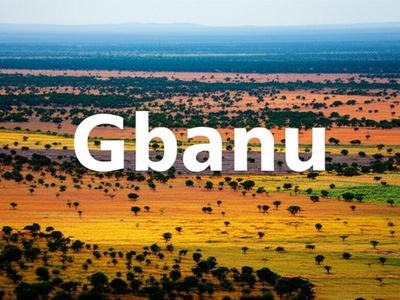
Gbanu
Part of the Gbaya language family, spoken in the fertile savanna lands of the northwest.
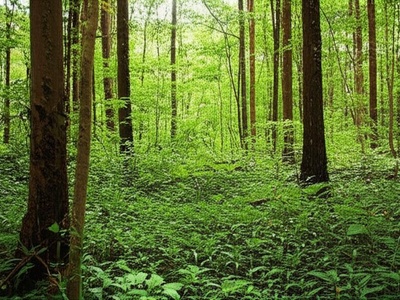
Buraka
A small but distinct Ubangian language, closely related to Gbanziri, spoken in the forest region.
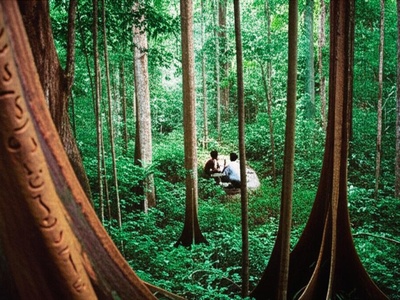
Bangandu
An endangered language of the southwestern forests, holding unique cultural knowledge about the local ecosystem.

Mba
A severely endangered language, with its few remaining speakers holding on to a unique piece of CAR’s linguistic puzzle.
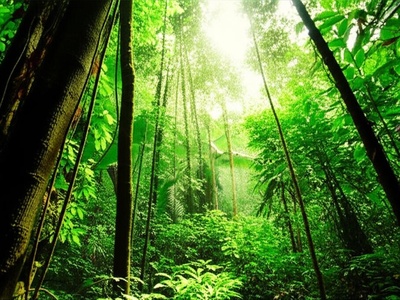
Ngando
A Bantu language of the forest, spoken by a community with a rich knowledge of forest resources and traditions.
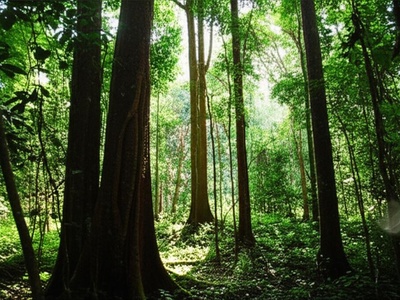
Pande
Another of CAR’s forest-based Bantu languages, spoken by communities who are experts in the rainforest environment.
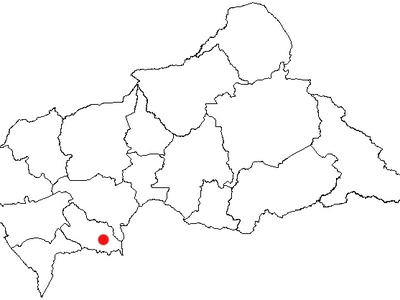
Mbati
A Bantu language whose speakers are neighbors to the Ngbaka and forest peoples, contributing to the area’s cultural mosaic.
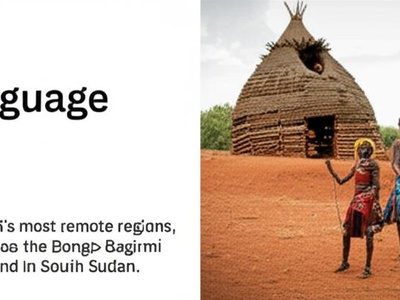
Kara
Spoken in one of CAR’s most remote regions, this language is part of the Bongo-Bagirmi group and is also found in South Sudan.
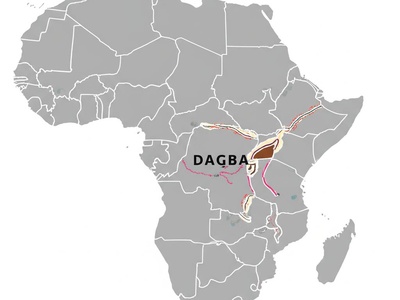
Dagba
A language from the Ngbandi group, demonstrating the historical spread of these peoples before the rise of Sango.

Ali
A vibrant language community located not far from the capital, often considered part of the Gbaya cultural sphere.
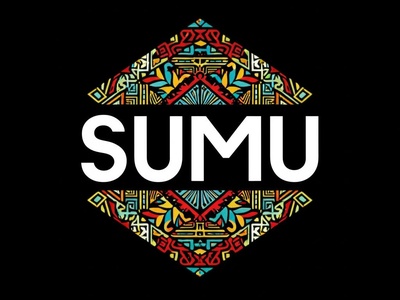
Sumu
Also known as Kpala, this is one of the many distinct languages that make up the diverse Gbaya family.
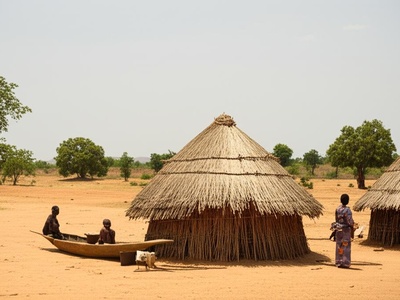
Bokoto
A major Ubangian language, sometimes classified within the Gbaya group, spoken in the region west of the capital Bangui.
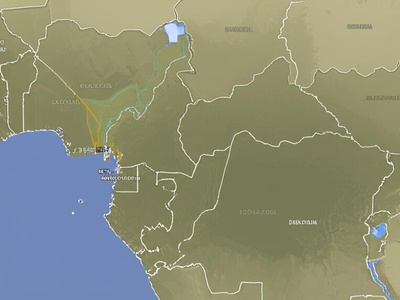
Sere
Spoken near the borders with DRC and South Sudan, this language is part of a cluster that includes Zande and Nzakara.
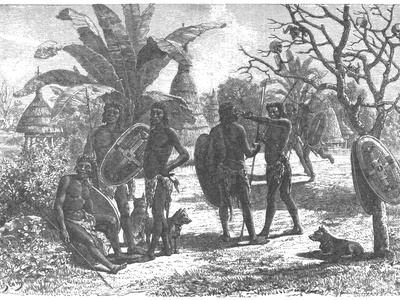
Nzakara
Closely related to Zande, this language was spoken in the Nzakara kingdom and maintains a strong cultural identity.

Yangere
A distinct Gbaya language spoken in the west, highlighting the diversity within this major linguistic family.
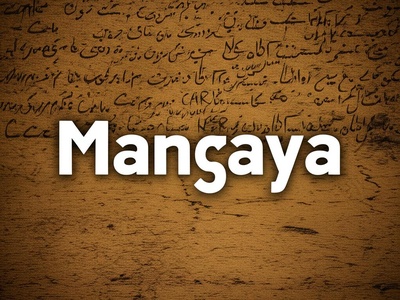
Mangaya
A highly endangered Nilo-Saharan language with very few speakers, representing a fragile piece of CAR’s linguistic heritage.

